
COVID-19 has consumed large amounts of time and resources in the healthcare setting, but, until recently, primary care clinics and providers have not had to manage the full gamut of COVID-19 diagnosis, intervention, and treatment, especially for high-risk patients. While primary care sites have been the principal point of contact for vaccination campaigns, full-scale treatment has typically been the purview of hospitals and specialty care sites. However, the current trajectory of disease indicates that COVID-19 is more likely to become endemic and the need for expertise at the outpatient level will become ever more important.
Based on their extensive experience with COVID-19 in community clinic, outreach settings, and hospitals, Drs Solis and Madaras will address the clinical presentation of COVID-19, with particular focus on the needs of high-risk vulnerable patients who may not have access to any other sources of health care. The discussion will incorporate strategies to best evaluate the severity of illness with suspected or confirmed COVID-19 including the risk of progression to severe disease. Particular attention will be paid to indications for treatment in an outpatient setting. The session will include a significant amount of time for discussion between faculty and participants to address questions from the field about the evolving recommendations for treatment and management of COVID-19 in an outpatient setting.
* Simultaneous interpretation into Spanish will be provided for this webinar *
Watch the Webinar Recording
Download the Presentation Slides
Take the Evaluation
- Discuss the clinical considerations for treating patients suspected of infection or diagnosed with COVID-19.
- Identify the risk factors for COVID-19 infection and severity including age, weight, and co-morbidities.
- Describe the treatment options/goals for therapies in COVID-19 patients in an outpatient setting.
Presenters
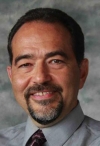
Laszlo
Madaras
MD, MPH, FAAFP, SFHM
Chief Medical Officer
Migrant Clinicians Network
As the Chief Medical Officer for Migrant Clinicians Network, Laszlo Madaras, MD, MPH is responsible for the oversight of MCN clinical activities. He also serves as a subject matter expert for various health topics including emerging issues, farmworker health, and Tuberculosis. Over the last 30 years, in parts of Africa, Central America, South America, the Pacific Islands, and the United States, Dr. Madaras has served thousands for wide-ranging ailments, including newly emerging diseases.
Dr. Madaras arrived to in the United States as a Hungarian refugee in 1968 at the age of seven and eventually became a US citizen. Dr. Madaras received his MD and MPH from Tufts University School of Medicine in 1993. Early experiences include working as an Albert Schweitzer Fellow in pediatrics in Gabon, West Africa; as a Peace Corps volunteer in the Congo; and as a pesticide review manager at the US Environmental Protection Agency. He worked on the Congo/Rwandan border during the 1994 Rwandan genocide, and on the Hungarian border with the former Yugoslavia in 1995.
Since 1996, Dr. Madaras has been a board-certified family physician in both inpatient and outpatient medicine in Pediatrics, Adult Medicine, and Obstetrics. He served as a frontline clinician at the Keystone Health Center where he cared for farmworkers and their families and became Assistant Medical Director from 2001 to 2005. In 2005, he became a hospitalist in Chambersburg and Waynesboro Hospitals in south central Pennsylvania, where he continues to work part time. In 2016, he became a Senior Fellow of Hospital Medicine. In 2020, he became a Fellow of the American Academy of Family Physicians.
In addition, Dr. Madaras has worked as a staff physician in Tuberculosis control at the Pennsylvania State Health Department since 2012, and regularly teaches US-based medical students on an international health rotation in Honduras. Dr. Madaras also teaches hospital medicine to Penn State nurse practitioner and physician assistant students and medical residents at Summit Health.
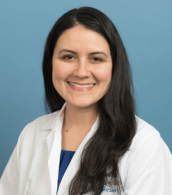
Dr. Trinidad Solis is the Deputy Health Officer for the Fresno County Department of Public Health. Her duties include serving as a medical consultant to various health programs within the department. She also assists with coordinating the department’s efforts to protect farmworkers from COVID-19 by making COVID-19 tests and vaccines available to farmworkers at their agricultural workplaces. Dr. Solis is the proud daughter of Mexican immigrant farmworkers with roots in the San Joaquin Valley of California.
She previously worked as a family medicine physician in Los Angeles for several years, where she treated a diverse patient population. She was a Health Sciences Assistant Clinical Professor with the UCLA family medicine department and taught UCLA medical students during their family medicine clinical rotation. She enjoys speaking with students about the intersection of public health and primary care.
Dr. Solis received her undergraduate degree from Stanford University. She earned her medical degree from UCSF’s School of Medicine. She completed her family medicine residency at UCLA Medical Center and obtained her Master of Public Health degree from Johns Hopkins University.
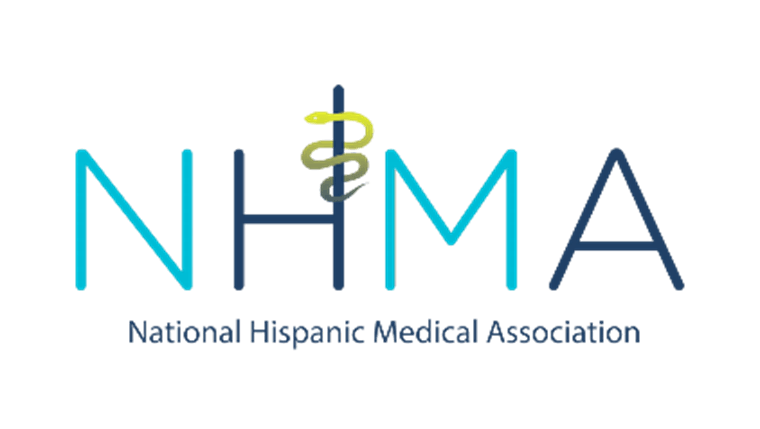
Hosted with support from and in partnership with the National Hispanic Medical Association (NHMA)
Supported by an independent education grant from Pfizer Inc.
Continuing Education Credit (CEU)
We are pleased to offer 1 hour of CNE or CME* credit at no cost to participants.
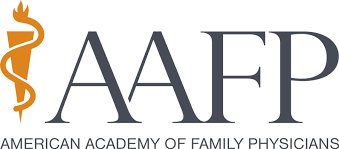
Application for CME credit has been filed with the American Academy of Family Physicians. Determination of credit is pending.
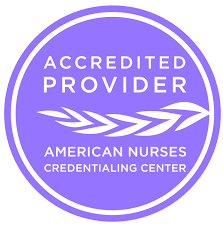
CNE Credit: Migrant Clinicians Network is accredited as a provider of continuing nursing education by the American Nurses Credentialing Center's Commission on Accreditation. To receive continuing nursing education certificate, participants must submit the evaluation for each session.